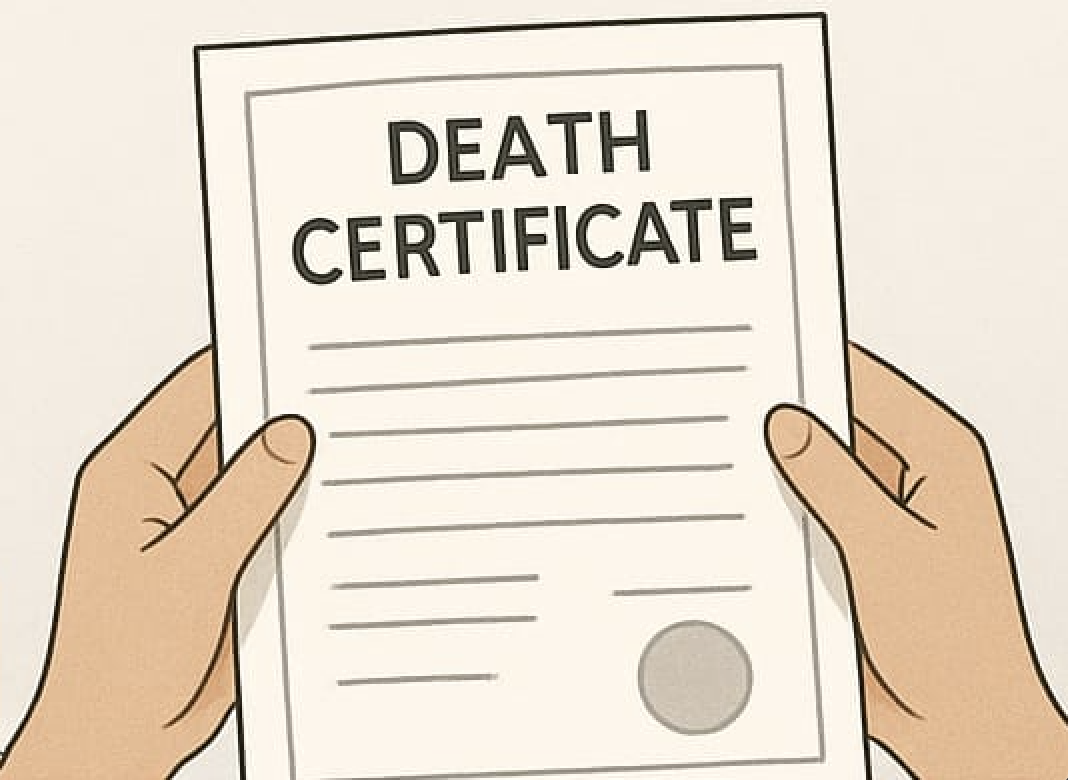Managing immediate finances after a death
When a family member dies, financial tasks come fast and can feel overwhelming. This guide outlines immediate steps households should take to protect assets, access funds, and avoid common pitfalls.
1. Secure the deceased’s documents and belongings
- Collect: national ID, death notification/certificate (if issued), KRA PIN, bank cards, cheque books, title deeds, insurance policies, NHIF card, pension letters, and mobile money details (Safaricom M-PESA).
- Protect valuables and household assets; change locks if necessary and inventory items.
2. Notify immediate institutions
- Banks: Inform the deceased’s banks promptly to freeze accounts and prevent fraud. Bring the death certificate and identification of the next of kin.
- Employers and pension providers: Report the death to access any employer benefits, unpaid salary, or pension entitlements. Obtain a statement of benefits and claim forms.
- Insurers: Start life insurance or funeral policy claims—policies often have strict timelines. Provide policy numbers and certified copies of the death certificate.
- NHIF: Inform NHIF for claims or to stop contributions; check any inpatient reimbursements.
3. Accessing cash for immediate needs
- Funeral expenses: Identify sources: the deceased’s savings, family pooled funds, short-term loans from relatives, chama support, or community contributions.
- M-PESA: Transfers from the deceased’s wallet are restricted; follow formal bank/M-PESA procedures after notifying the provider and presenting documents.
4. Handling debt and bills
- Distinguish secured vs unsecured debt. Secured loans (e.g., mortgages) attach to property and may be settled from the estate or through insurance; unsecured loans may be claimed against the estate.
- Continue essential payments (rates, utilities) using family funds to avoid disconnection while probate is arranged.
5. Small estates and quick claims
- Banks often allow beneficiaries to claim modest balances with a death certificate and affidavit; rules vary by bank and amount—ask your branch.
- Funeral insurance/policies often pay quickly; use those funds first to cover funeral costs.
6. Probate and estate administration (short-term view)
- If there’s a will, locate it and the appointed executor. For intestate cases, consult an estate lawyer or the Chief Magistrate’s office for next steps.
- Keep clear records of all payments and receipts related to funeral and estate expenses—these will be needed during estate distribution.
7. Common pitfalls to avoid
- Don’t sign documents under pressure. Verify offers from agents who promise to handle paperwork for a fee.
- Don’t rush to sell property without understanding ownership, title, or pending probate claims.
- Beware of scams asking for upfront “processing” fees for benefits.
8. Practical checklist (first 7 days)
- Obtain death certificate/notification.
- Secure ID, title deeds, insurance policies.
- Notify bank, employer, insurer, NHIF, and KRA.
- Arrange immediate cash for funeral (family, chama, insurance).
- Keep receipts and commence an asset inventory.
Where to get help
- Bank branches, employer HR, funeral policy insurers, local lawyers, community elders, church groups, and NGOs offering legal aid.
Act quickly to secure documents, notify institutions, and obtain funds for immediate needs, but avoid hasty decisions about estate assets. Good records and prompt claims will simplify probate and protect the family’s financial future.




